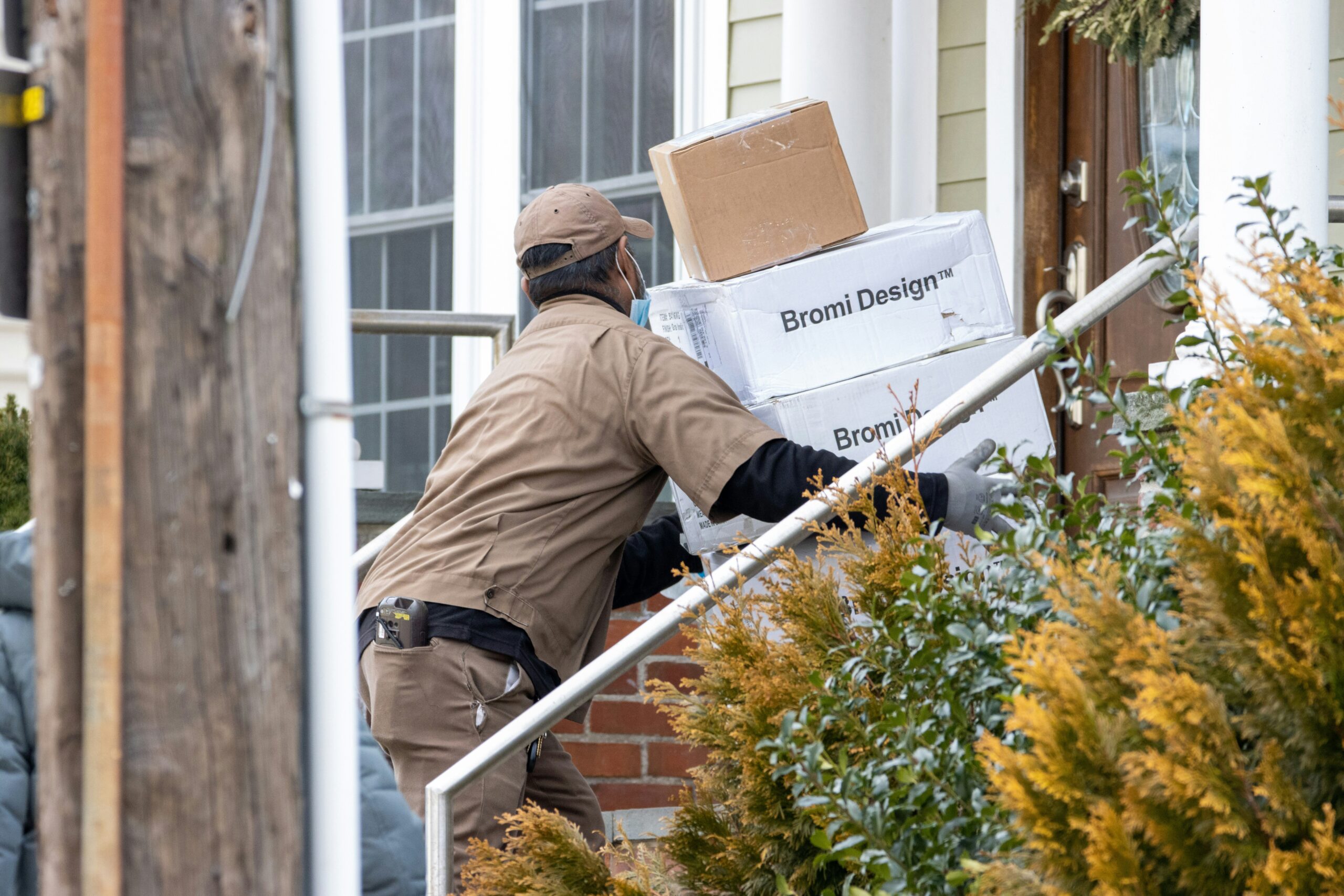Shared prosperity is everyone’s job – and it’s time to go to work.
 Photo by Aaron Doucett on Unsplash
Photo by Aaron Doucett on Unsplash The COVID-19 pandemic and ensuing economic crisis has pulled back the curtain on economic and societal problems that we have allowed to fester in the Bay Area for far too long.
At the same time, the Bay Area continues to have plenty of resources, both financial and human, to be an inclusive region where all people have quality, empowered employment.
Prior to the pandemic, income inequality had already reached levels that were actively threatening our region’s diversity—the lifeblood of our culture, economy, and identity. Despite the dire consequences that all Bay Area residents faced if we continued down the path of “haves and have-nots”, we still were not able to harness our region’s power and resources to create a diverse and equitable Bay Area where all people can live and thrive.
Of the many things that Shelter-in-Place is revealing about our society and economy, nothing is clearer than the fact that a vast number of Bay Area residents work in jobs that are essential to our communities functioning. At the same time, these essential jobs are often plagued by appallingly low pay, poor working conditions and gaps in public safety net programs that rob essential workers of the security and dignity they deserve.
At the same time, the small business community, who are often the most likely to invest in their local neighborhoods and hire people who are often passed over for corporate jobs, are fighting for their lives.
As the unemployment rate climbs, tax bases shrink, and quality of life aspirations make way for survival instincts, it will be easy for us to take on a scarcity mentality. Historically, we know that job quality gains and worker-centered business practices, won in times of plenty, tend to be lost when a recession comes.
But it doesn’t have to be that way.
An inclusive Bay Area starts with an inclusive recovery.
We can win shared prosperity in our region—it will take imagining and actualizing an inclusive recovery from this crisis. This means an inclusive recovery that provides enough quality, empowered jobs for everyone to have one. A recovery that offers equitable access to those jobs, in the form of quality education and training programs and fair hiring practices. And one that ensures universally available affordable supports that we all rely on to succeed at work, including transportation, housing and childcare.
None of this will come easily, nor can it be achieved by any one person, organization, company or funder—it will take all of us. It will not happen if we continue to work in silos, focusing on only one piece of the solution, without active collaboration with others who are working on the other pieces. We are in this together, and we will succeed or fail based on whether we are able to come together across differences for our future, and the future of the Bay Area.
ReWork the Bay brings together people who have historically worked in silos. Through convenings, research, pilot projects, and grantmaking we build authentic collaboration among leaders in economic justice, education and training, business, and philanthropy to advance collective solutions for a diverse and equitable Bay Area.
We are as strong as our people, and in the Bay Area that means we can’t be beat. But we need to move forward together if we want to realize the promise of shared prosperity so many of us believe is right. Now, more than ever, the Bay Area needs leaders who break through traditional divides, advancing collective solutions that make it possible for all of our community members to live full lives with security, dignity, and agency in our work, home, and communities. Shared prosperity is everyone’s job, and it’s time to go to work.
In times of crisis, it is important to not lose perspective on the history that brought us to this moment. To that end, the first piece we are sharing is from the Insight Center in Oakland about their new report: Re-imagining a Workforce System Grounded in Equity. This compelling report looks at the history of the Bay Area workforce system from a race and gender equity lens, and provides recommendations to funders and workforce system leaders to consider as we grapple with how our education and training systems must evolve to ensure an inclusive recovery.
Please see here for additional resources to continue the conversation around an inclusive economy in the Bay Area. We will continue to update these in the coming weeks.
